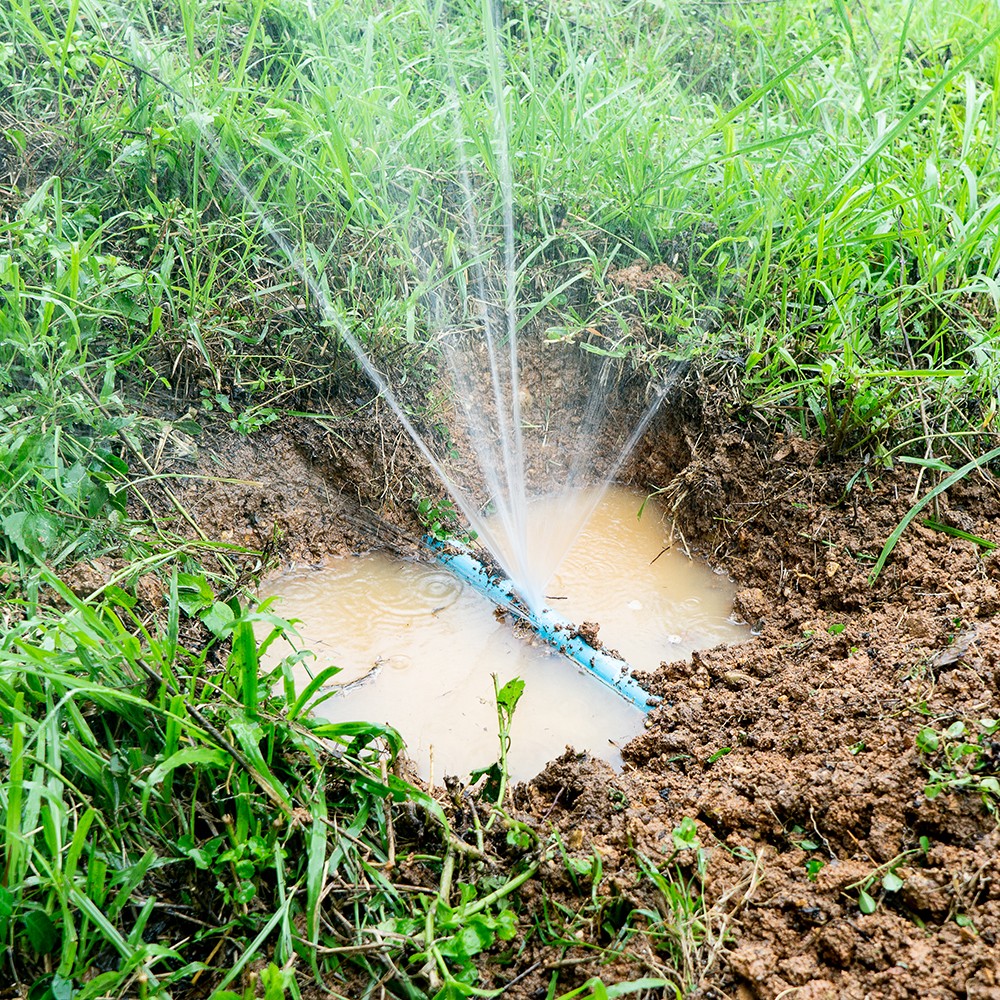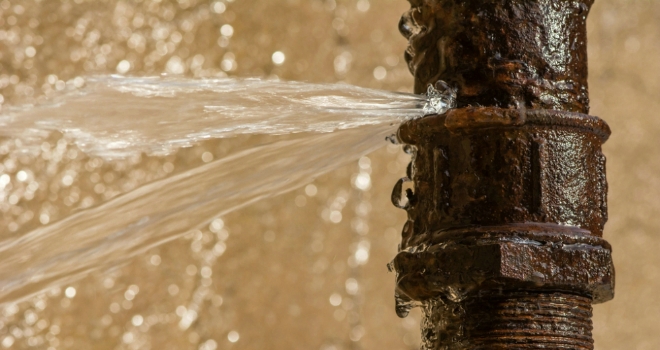5 Consistent Water Leak Causes
5 Consistent Water Leak Causes
Blog Article
We've noticed the article relating to Reasons for Water Heater Leaks below on the web and accepted it made good sense to write about it with you on my blog.

"Be careful of little expenses. A small leakage will certainly sink a great ship." - Benjamin Franklin.
He could not have been much more right due to the fact that water leakages in our residences cause a waste of resources, enhancing our water bills. This rise could seem negligible at first, it can lead to substantial expenditures that can break your bank. Aside from a boost in costs, water leakages likewise create unwanted organic development, architectural damage, as well as also electric dangers.
If you have a water leak isn't constantly easy due to being incapable to see many of the pipework in your house, figuring out. If you have had a boost in your water bills lately, noticed water discolorations on wall surfaces as well as ceilings, scented lousy smell, and so on. You may want to think about requesting plumbing solutions to get it looked into.
There are a number of root causes of water leaks, as well as we have actually put together the typical factors below. Inspect to see if you have actually had associated concerns in your home just recently.
Deteriorated pipeline joints
Pipeline joints are the parts of our plumbing system where the pipelines link. It is necessary to note that even though pipelines are developed to withstand stress and also last for a while, they weren't created to last forever; consequently, they would wear away over time. An usual indication of harmed pipe joints is too much noise from taps.
High water pressure
You saw your home water pressure is more than common yet after that, why should you care? It runs out your control.
It would be best if you cared due to the fact that your typical water pressure need to be 60 Psi (per square inch) and although your residence's plumbing system is made to stand up to 80 Psi. A boost in water pressure can put a pressure on your home pipes as well as bring about splits, or even worse, ruptured pipelines. Obtain in touch with an expert regarding controling it if you ever observe that your house water pressure is greater than common.
Rust
As your pipework gets older, it obtains weak and also a lot more susceptible to corrosion after the regular passage of water with them, which can gnaw at pipes and cause splits. A visible indicator of corrosion in your house plumbing system is discoloration and also although this might be difficult to find due to a lot of pipelines hidden away. Once they are old to guarantee a sound plumbing system, we encourage doing a regular checkup every couple of years and change pipelines
Clogged drains
Food bits, dirt, and oil can trigger clogged drains pipes as well as obstruct the flow of water in and out of your sink. Increased pressure within the rain gutters can cause an overflow and also end up splitting or rupturing pipes if undealt with. To prevent clogged drains pipes in your house, we suggest you to stay clear of putting particles away and also normal cleaning of sinks.
Busted seals
Another source of water leakages in residences is broken seals of house devices that utilize water, e.g., a dishwasher. When such devices are set up, seals are set up around water ports for simple passage of water with the equipment. A busted seal can cause leak of water when in use.
With little or no understanding of plumbing, understanding your residence's plumbing system adequate to deal with a few of these problems (without effect) can be a headache. Connect with plumbing experts in Pittsburgh, Providence, Rochester, and also environ today, and also they'll make those issues go away.
He couldn't have been more right because water leakages in our houses result in a waste of resources, boosting our water bills. If you have had a boost in your water expenses lately, saw water stains on walls and ceilings, smelt poor smell, and so on. An increase in water pressure can put a strain on your home pipelines and lead to cracks, or even worse, burst pipelines. Another cause of water leakages in houses is damaged seals of home devices that use water, e.g., a dishwashing machine. When such appliances are set up, seals are installed around water connectors for easy flow of water via the machine.
5 TIPS IN DETECTING A WATER LEAK IN YOUR HOUSE
Water leaks can be hard to find in your home, yet they can be so common. We rely on water every day in our home, which is why a leak can cause big problems. By detecting them early, you can save money and further damage, getting the problem fixed as soon as possible. Here are 5 tips to help you detect a water leak in your home, so you can contact a plumber straight away and get the issue sorted.
Check your water meter
Many people underestimate the value of the water meter in their home. It can be one of the best ways to tell if you have a leak early on, so you can get on top of it before issues start arising. Start by turning off all the water in your home: taps, washing machine, dishwasher, etc. Now take a look at the meter – if it’s still changing with everything turned off, it’s likely you have a fast-flowing leak that you need to get on top of straight away. If nothing changes, then leave your meter for an hour or two and come back to it. Did it change in this time? It’s likely you have a slower leak, which isn’t as urgent but still handy to get fixed so it doesn’t become a bigger problem.
Keep an eye on your bill
Another good way to detect a leak in your home is by keeping an eye on your water bill. It helps if you have a past bill from the same period of time. You can compare like for like and determine whether your water usage has increased significantly. If it has, there may be a leak in your system that you haven’t picked up before. A professional plumber can check through all of your pipes and determine where it is coming from.
Look for damage
If you have a leak inside your home, you will notice damage over time. Take a look at your showers and bathtubs and note whether any of the tiles surrounding the area seem to be discoloured or damaged in any way. There may be water stains, mould or peeling material that has resulted from a build up of moisture over time. Make sure you take a look under sinks at the back of cupboards that don’t get accessed regularly. This is where damage can go unnoticed and build up over periods of time.

I hope you enjoyed reading our part on Where to Find Water Leaks. Thanks so much for finding the time How to Find and Prevent Water Leaks in Your Home. For those who appreciated our article kindly be sure to pass it around. Thank you for your time invested reading it.
Don't delay, ring today! Report this page